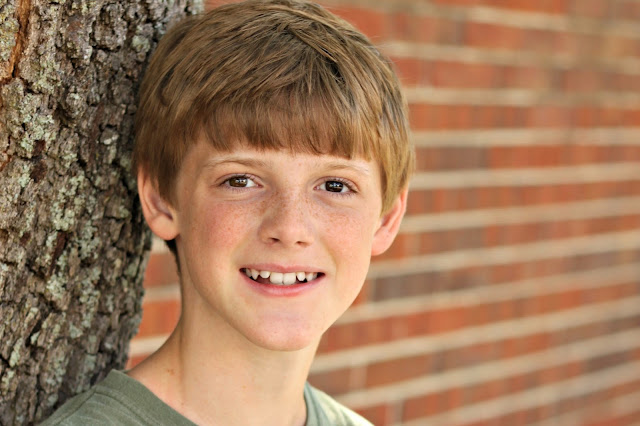The other day, someone mentioned on Facebook that I had adopted a special needs child.
That phrase took me by surprise.
Because sometimes I forget.
Being an older child is considered a special need in the adoption world.
That used to really bother me.
It used to bother me that China would call my perfectly healthy, incredibly bright son a special needs kid.
It felt like a put-down, like they couldn't see his potential.
It doesn't bother me anymore. . . well, not as much as it used to.
Because being adopted as an older child is a special need.
I've said it before. No older child is available for adoption because he's had a great life. Older children available for adoption have experienced real trauma. And being a trauma survivor is a special need with long-term implications.
The death of a parent = trauma.
Abandonment = trauma
The loss each time they were moved from foster home to foster home or into an orphanage = trauma
Being adopted internationally and having to adjust to new parents, a new country, a new language, a new culture = trauma
It's easy to forget.
It's easy to think that a lot of love and plenty of food and having so much more materially than they ever had in their birth country will fix everything.
It doesn't.
So if you're thinking of adopting an older child, it may help you to remember that older child adoption is a special need.
Think about it this way. If you were adopting a child in a wheelchair, you'd be constantly aware of their special need. You'd be prepared to deal with it long term. You might hope that with great medical care your new child would learn to walk one day. You might even be praying for a miracle. But in reality, you would also be preparing to push that wheelchair for years to come.
Adopting a kid with a background of trauma is no different, even though their special need is hidden.
You would never tell the kid in the wheelchair, "You've been home for 18 months now. We've taken you to the best doctors. Everyone at our church has faithfully prayed for you. You can't let this thing limit you forever. We're done pushing this wheelchair. It's time for you to quit making excuses and get up and walk."
You would never do that.
But it's done all the time when a kid's special need is hidden.
Here's what I'm not trying to do in this post. I'm not trying to limit your child or put them in a box. I'm not telling you, as a parent, to excuse all their negative behavior. I'm not encouraging you to set the bar low.
My son, adopted at age 7 1/2 and home three years now, has made amazing progress. His heart has healed in so many ways. I am full of hope when I think about his future. Please don't ever give up hope! But in the same way, please don't ever forget to be compassionate as you parent a child with a real, but hidden, special need.
I'll give you an example. When we started our new homeschool year back in August, both Mike and I noticed subtle changes in Wenxin. He was needier, clingier, louder . . . he seemed to be on high alert. We remembered that with his background, change is hard for him. Change makes him afraid.
So we made subtle changes in our behavior in response to what we saw in him. We held him more, snuggled him more, kept him closer to us. Even though he's able to do a lot of his homeschool work independently, I spent a few days doing almost everything with him. That little bit of extra attention from us was all it took -- this time -- to help him feel safer and more confident starting a new school year.
I read a great blog post this week that reminded me to parent with compassion for the long haul. When I read it, I knew I wanted to share it with you.
















.jpg)



















